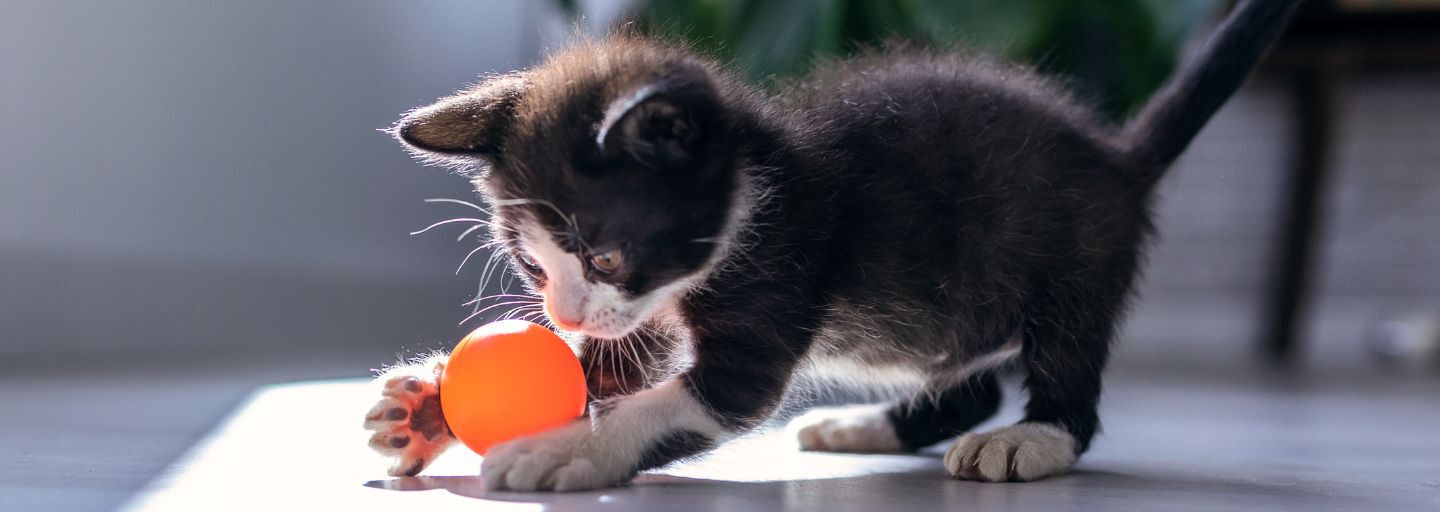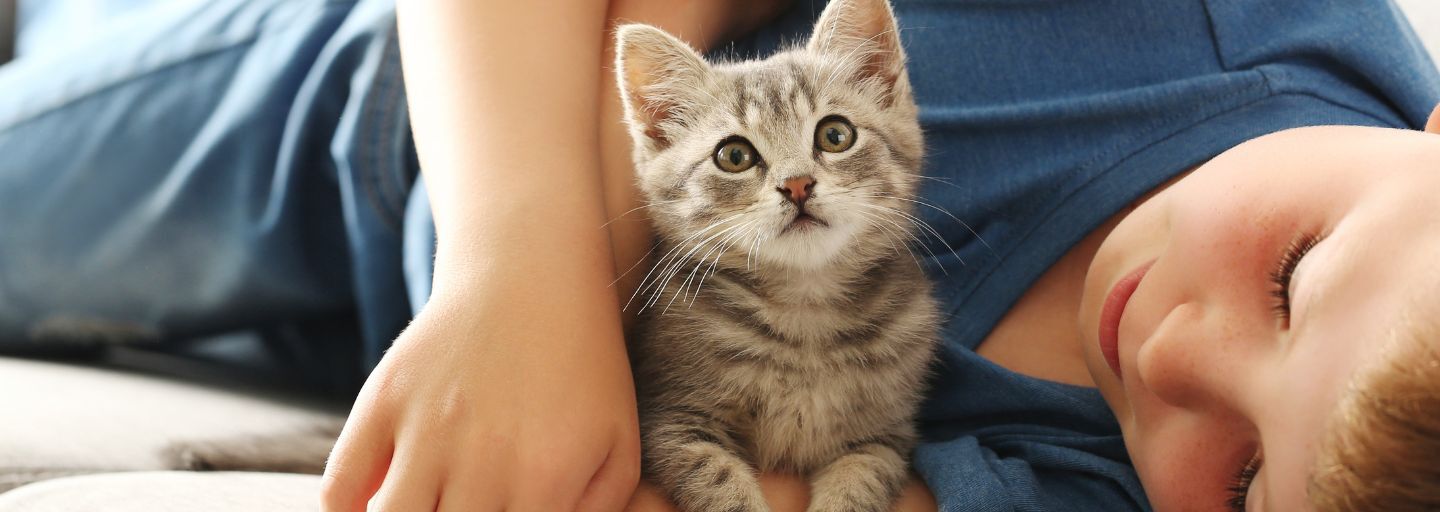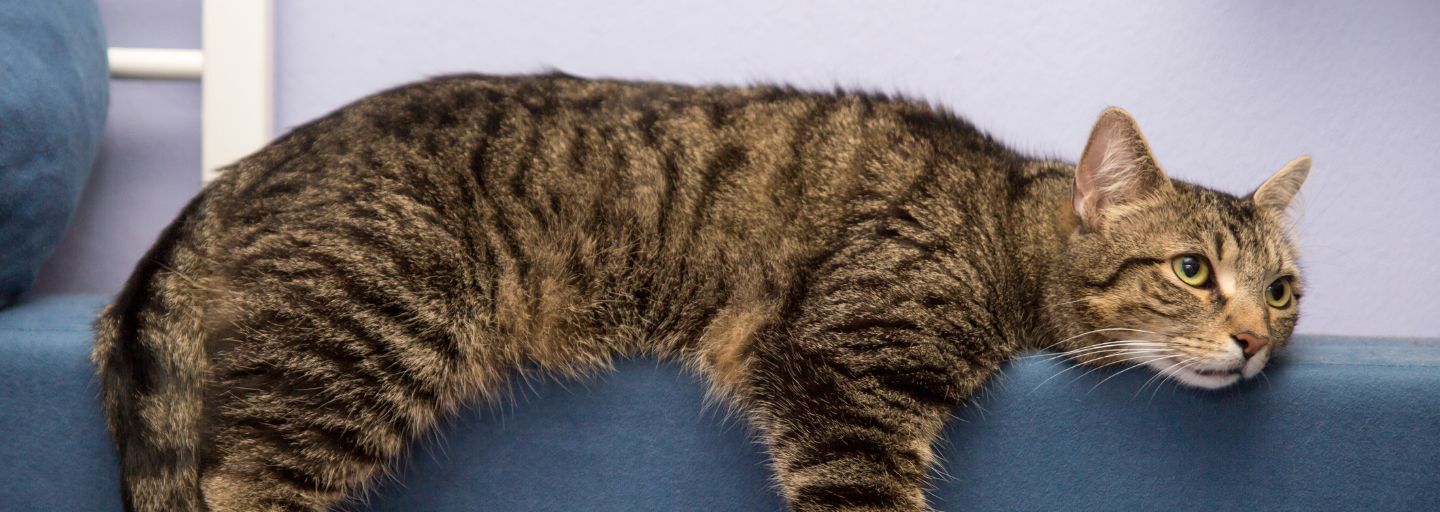Playing is a great form of kitten exercise and can help your pet develop her natural hunting instincts.
A healthy kitten is a happy kitten
Kittens start to play from four weeks old, spending most of their time wrestling with other kittens. By the time kittens are seven to eight weeks old, they will transfer their attention from social play with littermates to predatory play with inanimate objects.
How to play with kittens
Playing with your pet every day for just 20 minutes not only provides both physical and mental stimulation but can also strengthen the bond between the two of you.
Set aside time for at least two good play sessions a day. The best time for kittens is in the early morning or evening.
Play with your kitten before you go to bed so she will be ready to sleep when you are.
Always make some toys available to your cat but keep some away from your playtime together. Interactive play is one of the best ways to keep your kitten healthy and responsive to you.
Indulge your cat’s hunting behaviour, especially with young indoor cats. Play games that involve an element of chasing or pouncing.
Solitary kittens may play more roughly with their owners. Teach them to control playful nips and scratches.
Kitten toys
Here are some tips for making your own cat toys:
A bucket filled with crumpled paper or ping-pong balls can make a useful distraction. When your kitten attempts to stalk you, throw a ball downstairs for them.
Leave a large paper bag on the floor for diving into and ripping to pieces. Do not use plastic bags and cut off any handles that can get caught around your cat's neck.
Glue several boxes together, linked by peepholes, for kitten hide-and-seek.
Make a sack of fabric stuffed with dried catnip, an herb that drives some cats wild.
Try dangling a 'fishing pole' toy with feathers or bells at the end of a string.
After playing, always put toys out of sight to retain their novelty and excitement over time.
Why some cats are more active than others
Some cat breeds have a reputation for being more energetic than others. For example, Siamese, Abyssinian, Oriental, and Turkish cats are all known for their vigorous behavior.
More languid kittens include the Persian, Himalayan, British Shorthair, and Ragdoll breeds.
If you find your kitten sleeps all the time, it could just be that she’s lazy. Inactive cats make a great lap pet, content to sit while you read or watch TV. As long as they are physically healthy, quiet cats are perfectly normal.
If you're still concerned, take your cat to the vet for a thorough physical examination.
Subtle problems, such as arthritis or upper respiratory diseases, can often make cats seem lethargic.
Stay active
Overweight kittens become overweight cats, which have an increased risk of lameness, skin problems, bad tempers, behavioral problems, and diseases such as diabetes.
Prevention is always better than cure, and exercise will help control your kitten’s weight. Invest in some toys, an indoor climbing frame, or scratching post and introduce regular play sessions.
Have a look around your home and see what you can do to encourage activity with your kitten. For instance, if your home is split-level, try placing your cat's food bowl on a different floor from the sleeping area to encourage as much stair-climbing as possible.







